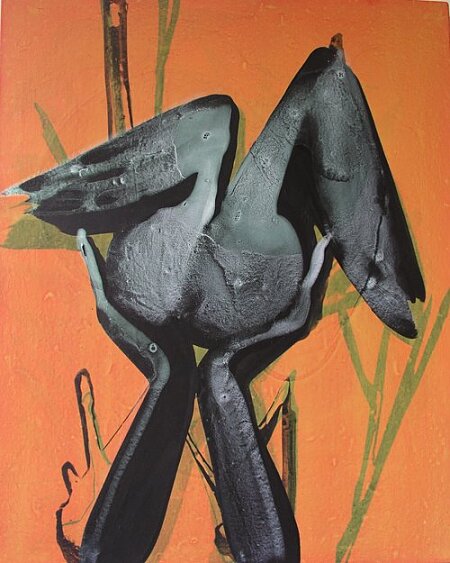
Tyranny
So the father of psychoanalysis and the saint
walk into a bar. Not really. But it’s funny
how, millennia apart, they’re on the same
page about kids. To wit: if children weren’t
so small and weak, they’d out-Herod Herod
in envy, lust, and murderous tyranny.
Then what about the boy who stands just now,
hand on the knob of his front door? We know
he’s old enough to tie his shoes because
he’s knotted a handkerchief to hold his plastic
Masters of the Universe action figures
and a slice of bread. Rebel against injustice,
“I’m leaving home,” he declares, and does.
What should his mother do: laugh, cry,
panic? The hedge is blocking her view, all
but the bright-brown hair, the same way
her thinking’s obscured by love. A minute
passes, two, and there’s the hair again,
a home-movie in rewind. The boy flings
himself on her, sobbing, hugging, confessing failure:
“I can’t leave home, I love you all too much.”
Who’s the tyrant here but love? All
we need to know of ruthless domination
we learned from love, his lordship stamped,
scored, burned into us early—and that’s
if we’re lucky. But, oh, the servitude is golden,
it’s cake and silk. And just try to walk free.
No one survives that exile, not even
the ones who haven’t a hope of sleep until
they’ve stripped the sheets from their bed
to knot themselves (by inches) a silken rope.
